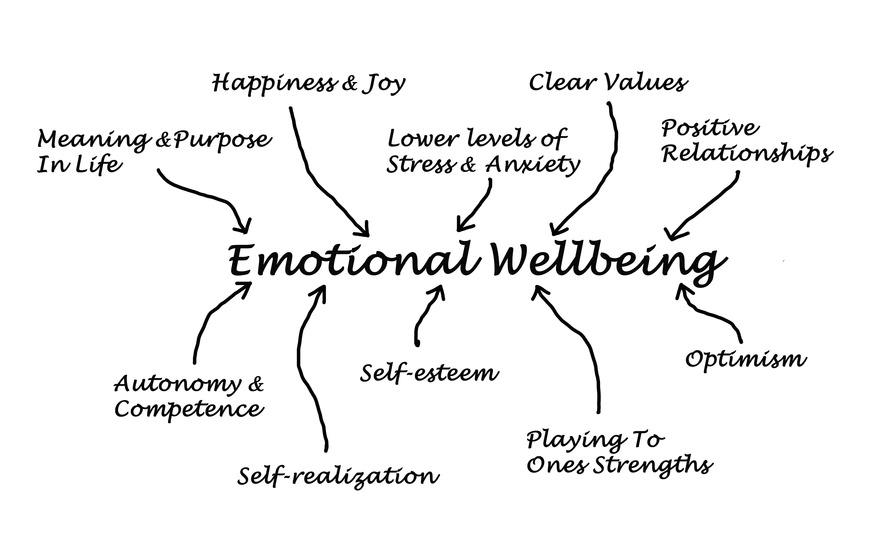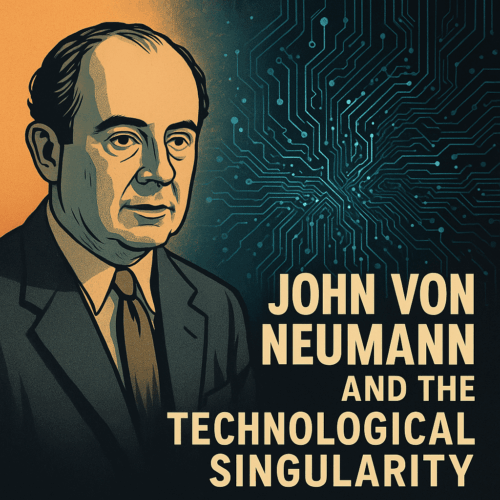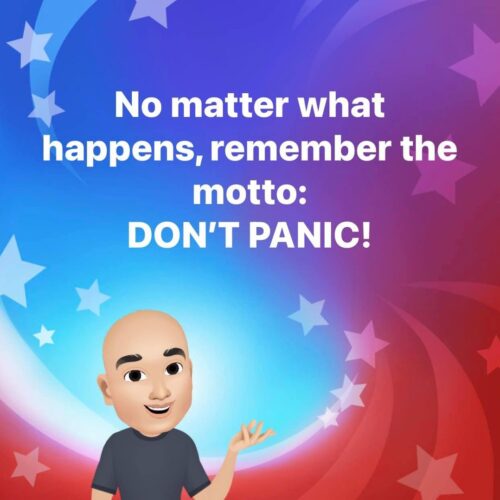Transhumanism Needs to Establish a Meaning to Life
Matt Frohlich / Op Ed
Posted on: January 29, 2015 / Last Modified: January 29, 2015
 It is important that the transhumanist movement establish a consensus on the meaning of life. Failure to do so will result in conflict, the extent of which is difficult to predict. As it stands today, transhumanism is a divided movement of various competing interests promoting values which are contradictory in nature. It seems the only agreement the movement has reached thus far is that the proper course of action is to promote the widespread adaptation of transhumanism.
It is important that the transhumanist movement establish a consensus on the meaning of life. Failure to do so will result in conflict, the extent of which is difficult to predict. As it stands today, transhumanism is a divided movement of various competing interests promoting values which are contradictory in nature. It seems the only agreement the movement has reached thus far is that the proper course of action is to promote the widespread adaptation of transhumanism.
From what I have seen, the three primary justifications for transhumanism are utilitarianism, freedom and meaning, all of which conflict with one another to a certain degree. The first of these, utilitarianism, is based on the idea that the overall ‘utility’ for sentient beings must be maximized. Utility in this case refers to the increased propensity for sentient beings to experience positive emotions while minimizing negative ones. Utilitarian reasons are commonly used to justify transhumanism; i.e. transhumanism will lead to biological immortality, less sickness, greater physical and cognitive capabilities, etc.
It is important to bear in mind Aldous Huxley’s 1932 science fiction novel Brave New World when discussing utilitarianism, especially when it is within a transhumanist context. Brave New World describes a dystopian society in which utilitarianism has run awry. The citizens of Brave New World are subject to a life totally free from conflict. There is no pain, no suffering and no failure. People are conditioned from birth to appreciate their lot in life using a variety of transhumanist techniques, such as hypnopaedic learning, subliminal advertising, genetic engineering and copious drug use. Illness in every form has been eliminated and citizens are conditioned to accept aging and death completely without worry. There are no families as that introduces too much variability into social order. Instead children are developed ex vitro using carefully refined laboratory techniques and raised through a very strict social structure.
From a utilitarian perspective, Brave New World is describing a utopia. Indeed, this utopia is in line with modern-day abolitionist ideology which seeks to use transhumanism to totally abolish the suffering of sentient beings (hence the name ‘abolitionism’). An important point to take away from Brave New World is that this utilitarian utopia has no use for freedom. Freedom gives one the choice to make poor decisions which could potentially lower the overall utility for the individual and perhaps even society as a whole. Many proponents of utilitarianism, both in the past and present, have defended individual freedom on the grounds that the individual knows best how to increase their own happiness. But these theories are describing humans, not transhumans. As Huxley argued, transhumans can be programmed against their will, so to speak, to be happier than if they were given the freedom to make decisions for themselves. And therein lies the conflict between utilitarianism and freedom.
The second conflict is between utilitarianism and meaning. Again, Brave New World serves as a pertinent reference. The citizens of Brave New World lead totally meaningless lives. The art is shallow and the interpersonal relationships superficial. Overcoming adversity, commonly regarded as one of the most meaningful activities in the human experience, is irrelevant as there is no adversity to overcome. Not to mention that people are conditioned not to care about such things. But they are happy and the utilitarian goal of total elimination of suffering is met.
The third conflict is between freedom and meaning. This conflict is more difficult to summarize than the previous two, but there is still an important issue to address. Altruism, the act of making some type of personal self-sacrifice on behalf of another, is another highly regarded source of meaning. But this form of altruism is predicated on a lack of freedom, both for the giving and the receiving parties. The giver’s freedom is compromised by the moral obligation to limit their personal freedom in order to help the receiver. And the receiver’s freedom is compromised by the situation that makes them disadvantaged in the first place. The type of world where altruism is allowed to manifest in this manner is completely at odds with a freedom-based society.
This is not some bizarre thought argument, there are many practical examples where altruism is displayed in this manner. The most prominent is the parent-child relationship, arguably the most revered interpersonal relationship, regardless of the society being examined. The reason parents are universally held in such esteem is the fact that they make such huge personal sacrifices on behalf of a person other than themselves. Mind you, the child has very little freedom in this type of arrangement (in fact they have no choice whatsoever in whether or not to enter this type of arrangement). Their wellbeing is completely dependent on their parents’ actions. Yet many grow up to revere their parents and look fondly upon this time when they were so strongly dependent on someone else.
Utilitarianism, freedom and meaning are all commonly used to justify transhumanism. Many times they are used in conjunction with one another. Utilitarianism I have already covered, but transhumanism is also justified on the grounds that people should have the freedom to do whatever they please with their bodies. Whether this freedom is justified on utilitarian grounds or the idea that it will lead to more meaningful lives is seldom made clear. Freedom is justified simply on the grounds that freedom is a desirable thing. Meaning is oftentimes employed on the basis that higher modes of consciousness will lead to greater levels of meaning. But as I have explained, all of these values are conflicting with one another to a certain degree.
For now the transhumanist movement can ignore this issue by using the argument that transhumanism helps facilitate more utilitarianism, freedom and meaning. But something has to give eventually. Eventually the movement will have to come to terms with the fact that these three values are contradictory to a certain degree. Some sort of compromise will have to be reached. If this does not happen, then there may be conflict, the extent of which is difficult to predict.
About the Author:
Matt Frohlich is a scientific researcher who writes about subjects related to the technological singularity in his spare time.
is a scientific researcher who writes about subjects related to the technological singularity in his spare time.








